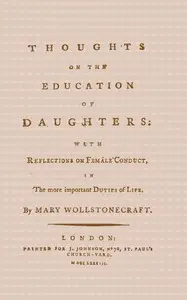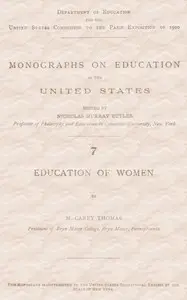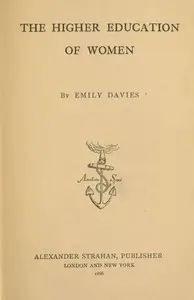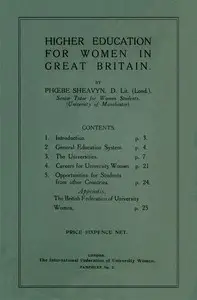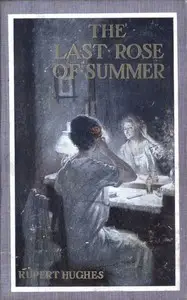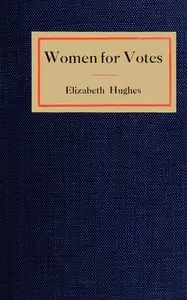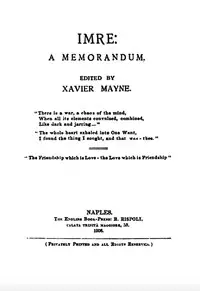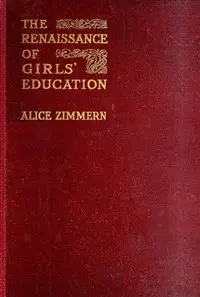Sex in Education; or, A Fair Chance for Girls by Edward H. Clarke is a late 19th-century scientific work examining the connection between gender and education, particularly for women. It centers around the physiological development of women and suggests that typical education methods could negatively affect their health. Clarke contends that tailoring education to women's unique needs is crucial, emphasizing a physiological, rather than purely ethical, basis for creating appropriate and supportive educational practices. Clarke's investigation was prompted by discussions incited by a lecture given to the New-England Women's Club, and his subsequent reflections highlight the significant societal interest in ensuring the creation of educational practices that respect the considerations of women's health.
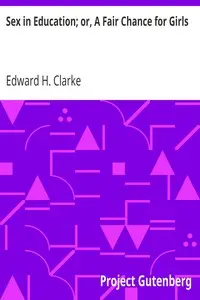
Sex in Education; or, A Fair Chance for Girls
By Edward H. (Edward Hammond) Clarke
In a time of evolving views on women's roles, a controversial argument emerges that their health, not just ethics, should dictate how they are taught.
Summary
About the Author
Edward Hammond Clarke was a Harvard Medical School professor (1855-1872) and physician. He courted controversy in 1875 following the publication of his book Sex in Education, arguing that women were inherently less physically and intellectually capable than men. He claimed that a woman's health would deteriorate as a result of higher education, and moreover that the education of women would come at the expense of their reproductive health. He was not alone in holding such unsubstantiated and antifeminist views at a time when women were asserting their right to higher education. His claims were notably rebutted by physician Mary Putnam Jacobi in 1876.
Edward Hammond Clarke was a Harvard Medical School professor (1855-1872) and physician. He courted controversy in 1875 following the publication of his book Sex in Education, arguing that women were inherently less physically and intellectually capable than men. He claimed that a woman's health would deteriorate as a result of higher education, and moreover that the education of women would come at the expense of their reproductive health. He was not alone in holding such unsubstantiated and antifeminist views at a time when women were asserting their right to higher education. His claims were notably rebutted by physician Mary Putnam Jacobi in 1876.

